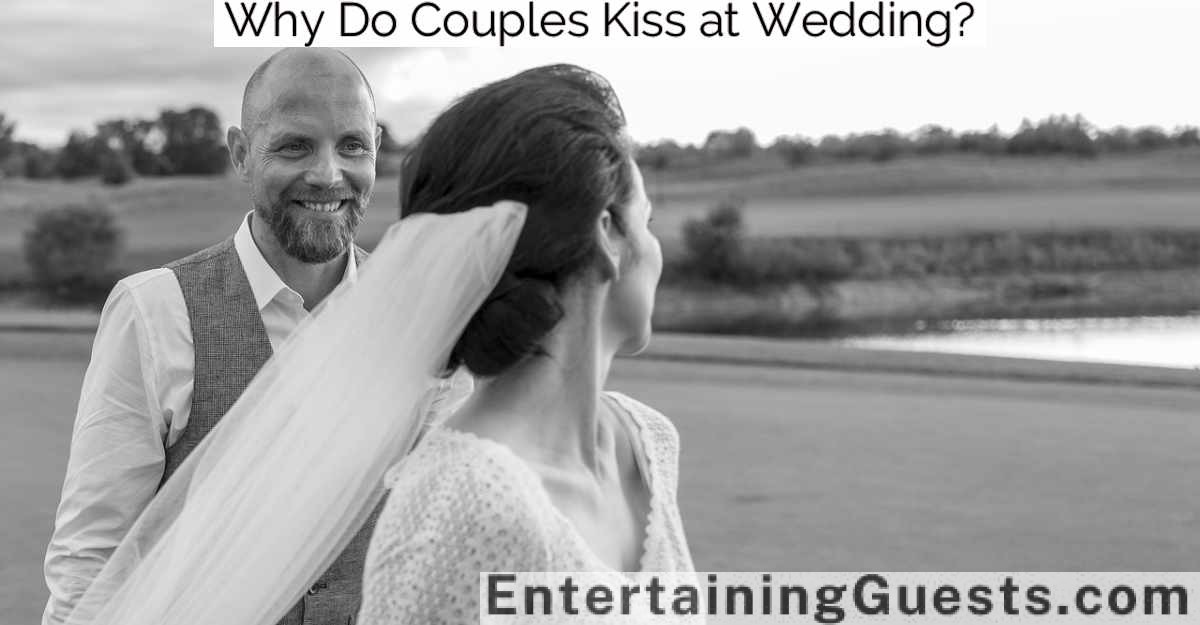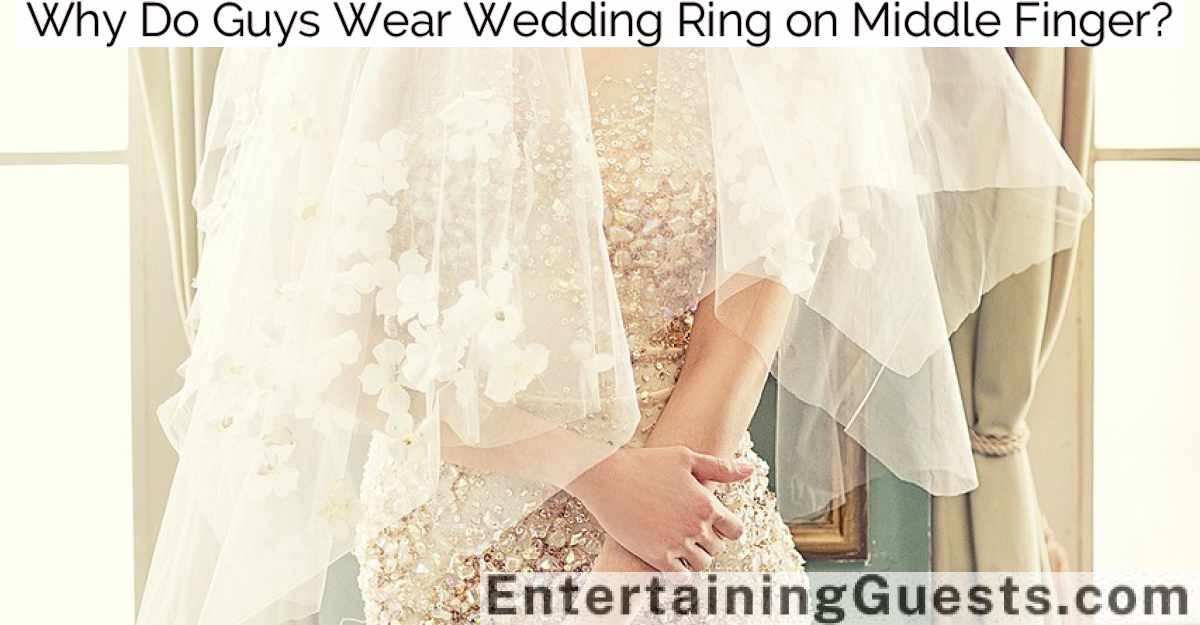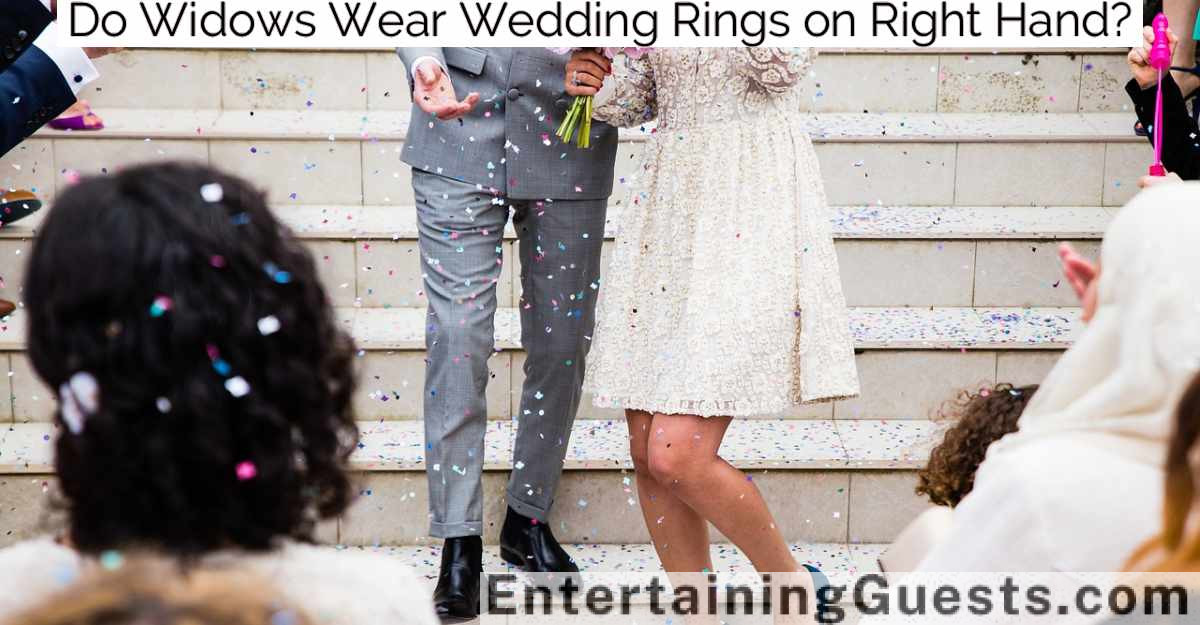Yes, you can have a wedding without a marriage license by organizing a symbolic ceremony that is not legally recognized.
This option lets you create a customized event that reflects your personal values and the unique aspects of your relationship. You are free to choose any venue, appoint someone meaningful to officiate the ceremony, and incorporate distinctive traditions that resonate with both you and your partner.
While such a ceremony does not confer any legal privileges or benefits, it can provide a deeply personal and memorable celebration of your union.
This type of wedding focuses on the emotional and celebratory aspects of a union rather than its legalities, allowing for a highly personalized and meaningful event.
Understanding Legal Weddings
In considering a legal wedding, it’s vital to understand that the foundation of such an event is the marriage license. This significant document not only signifies your intent to marry but also legally binds you to your partner under the laws of your jurisdiction.
You’ll find that each state or country has its specific requirements for obtaining a marriage license, including varying waiting periods, fees, and documentation needs.
Before you rush off to your local government office, you’ll need to gather some necessary paperwork. Typically, this includes photo identification like a driver’s license or passport, proof of residency, and possibly divorce decrees if previously married.
It’s imperative to check these details well in advance to make certain you’re not missing anything on the big day.
Once you’ve secured your marriage license, remember, it usually has an expiration date—often 30 to 90 days post-issuance. As a result, planning is significant; you wouldn’t want it to expire before your ceremony!
It’s also worth noting that some places might require a witness or even a brief meeting with a court official. While these steps might seem like mere formalities, they’re pivotal in making your union legally recognized.
Symbolic Ceremonies Explained
While a legal wedding requires a marriage license, you may opt for a symbolic ceremony that doesn’t carry the same legal weight but holds immense personal significance.
This type of ceremony allows you to celebrate your union exactly how you envision it, without the constraints of legal formalities. You’re free to design a ritual that speaks directly to your values and lifestyle, whether that includes traditional elements, unique personal vows, or creative expressions of commitment that wouldn’t typically be part of a legal ceremony.
Imagine exchanging vows under a canopy of stars in a remote forest, or at the summit of a mountain—places where traditional legalities might be challenging. Symbolic ceremonies offer this flexibility. They can be led by anyone you choose—a close friend, a family member, or even yourselves—further personalizing the experience.
Moreover, these ceremonies can incorporate a variety of cultural, spiritual, or familial traditions that resonate with you. Whether it’s weaving together different cultural threads or creating entirely new traditions, the goal is to craft a moment that’s uniquely yours.
Legal Implications and Risks
Despite the appeal of a symbolic ceremony, it’s vital to grasp that without a marriage license, your union won’t be legally recognized. This means you’re missing out on a variety of legal protections and benefits that come with a lawful marriage.
For instance, you won’t automatically inherit your partner’s assets if they pass away without a will. Furthermore, you can’t make medical decisions for each other in case of an emergency, a right that can profoundly impact moments of significant health decisions.
Additionally, you’ll face complications in matters of tax benefits, social security, and insurance. Married couples often enjoy the perks of tax reductions, potential increases in social security benefits based on their spouse’s records, and access to family health insurance plans.
Without a legal marriage, these financial and security advantages are out of reach.
It’s also important to reflect on the social implications. While your friends and family may recognize your commitment, without the legal acknowledgment, your relationship mightn’t be taken as seriously in various social and legal contexts.
This could lead to challenges ranging from registering your partner as your next of kin to issues involving child custody and visitation rights.
Alternative Celebratory Options
For those opting out of a traditional marriage license, there are still plenty of ways to celebrate your union with creativity and personal flair. Consider a symbolic ceremony, where you can exchange vows that resonate deeply with your values and beliefs without the constraints of legal wording.
You might choose a scenic backdrop, like a beach at sunset or a rustic forest clearing, to add a breathtaking visual element to your celebration.
Hosting a commitment party is another fantastic option. This is less formal than a traditional wedding but equally joyful. You can invite your closest friends and family to a venue adorned with decorations that reflect your personalities.
Think of themes that are meaningful to you both—perhaps a vintage-style garden party, a lively carnival atmosphere, or a tranquil zen-inspired gathering.
For a truly unique touch, create a time capsule during the event. Ask guests to contribute something special to the capsule, be it a written note, a photo, or a small keepsake.
Seal it together during the ceremony, and decide on a future date to reopen it, perhaps on a significant anniversary. This act symbolizes the lasting commitment you’re making to each other, captured in a memorable, tangible way.
Planning Your Non-Legal Wedding
Planning your non-legal wedding starts with setting a clear vision for the day that reflects both your personalities and love story.
You’ll want to brainstorm themes that resonate with you both, whether it’s a cozy beach ceremony or a lavish garden party. Consider elements that make your relationship unique and incorporate these into your day. Perhaps you share a love for vintage books? Stack them as centerpieces. Adore jazz? Hire a live band for authentic ambiance.
Next, draft a guest list. Without legal formalities, you’re free to invite as few or as many as you please. This flexibility lets you focus on creating a more intimate, meaningful experience with those who truly celebrate your union.
Scout locations that align with your theme. From a serene lakeside to a historic home, the venue should echo the tone of your celebration. Negotiate with vendors openly about your vision. Since this isn’t a legally bound event, you might find more room for customization and cost adjustments.
Lastly, send out invites that set the mood. Use language that invites guests to a celebration of love, not just a formal ceremony.
Conclusion
Absolutely, you can host a beautiful wedding without a marriage license, focusing solely on celebrating your love. Opt for a symbolic ceremony where you can personalize every detail without legal constraints. However, remember, it won’t be legally recognized. Explore creative alternatives like commitment ceremonies or themed events to mark your union uniquely. Plan meticulously, infusing your personality into the day. This way, your celebration remains memorable and heartfelt, beautifully reflecting your relationship, even without the legal paperwork.




